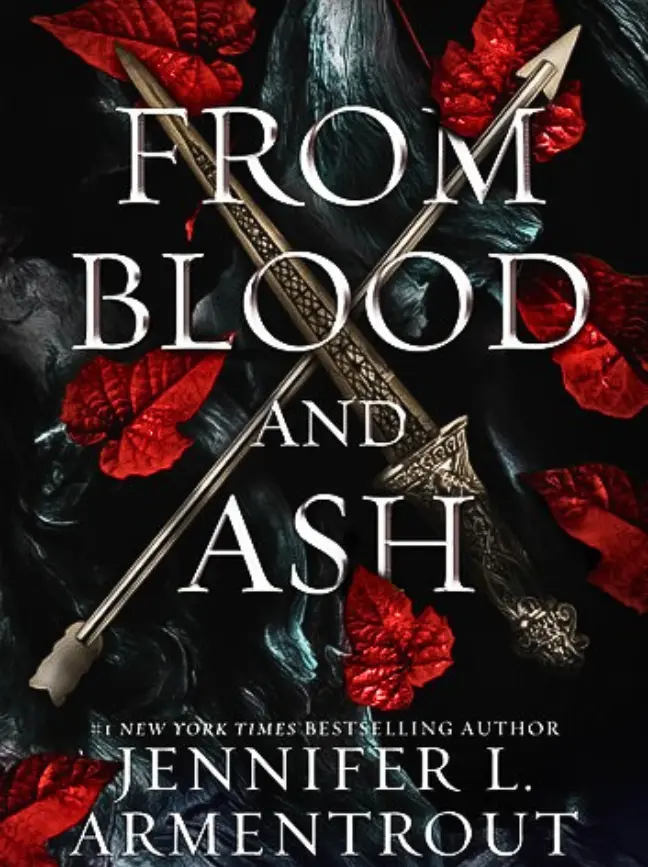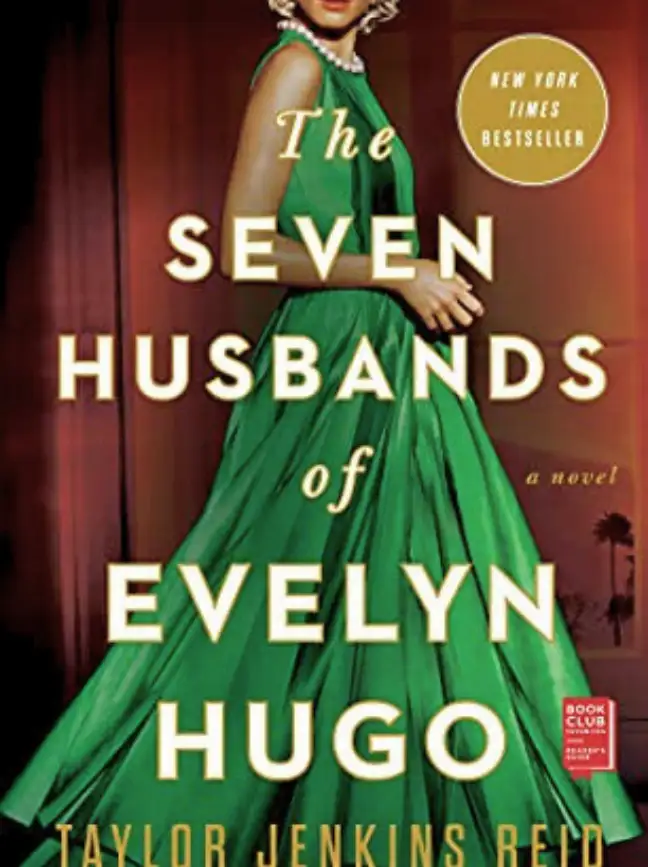More than eleven weeks after his parents ordered him to enlist with the Germans, Pino shouldered a Gewehr 43 semiautomatic rifle and marched toward the Modena train station. He wore the summer uniform of the Organization Todt: calf-high black leather combat boots; olive pants, shirt, and peaked cap; a black leather belt; and a holster with a Walther pistol. A red-and-white band high on his left arm completed the uniform and branded him.
Across the white top it read “ORG.TODT.” A large black swastika dominated a red circle below. The patch on his other shoulder revealed his rank: Vorarbeiter, or private first class.
Vorarbeiter Lella had little faith in God’s plan for him by that point. Indeed, as he entered the station, he was still fuming mad at his predicament. His mother had railroaded him into this. At Casa Alpina, he’d been doing something that mattered, something good and right, guiding as an act of courage, no matter the personal risk. Since then, his life had been boot camp, an endless parade of marches, calisthenics, lessons in German, and other useless skills. Every time he looked at the swastika he wanted to tear it off and head for the hills to join the partisans.
“Lella,” called out Pino’s Frontführer, or platoon leader, breaking him from his thoughts. “Take Pritoni and guard Platform Three.”
Pino nodded without enthusiasm and went to his post with Pritoni, an overweight kid from Genoa who’d never been away from home. They took up position on the elevated platform between two of the most heavily used tracks in the station, which had a high arched ceiling. German soldiers were
loading crates of weapons into open boxcars on one track. The other was empty.
“I hate standing here all night,” Pritoni said. He lit a cigarette, puffed it. “My feet and ankles, they swell and hurt.”
“Lean up against the roof support posts, move one foot to the other.” “I tried that. My feet still hurt.”
Pritoni kept up a litany of complaints until Pino tuned him out. The Alps had taught him not to fret and whine at difficult circumstances. It was a waste of energy.
Instead, he started thinking about the war. During boot camp, he hadn’t heard a thing. But in the week since he’d been assigned to guard the train station, he’d learned that Lieutenant General Mark Clark’s US Fifth Army had liberated Rome on June 5. Since then, however, the Allies had only managed to advance sixteen kilometers north toward Milan. Pino still figured the war would be over by October, November at the latest. Around midnight, he yawned and wondered what he might do after the war. Go back to school? Head to the Alps? And when would he find a girl to—?
Air raid sirens started to moan and wail. Antiaircraft guns opened up. Bombs fell, angry buzzing hornets that rained down on central Modena. At first, the bombs detonated at a distance. Then one exploded outside the rail yard. The next three all struck the train station in rapid succession.
Pino saw a flash before the blasts hurled him backward off the platform and through the air. Still wearing his pack, he landed hard on the empty train tracks and momentarily blacked out. Another explosion roused him, and he instinctively curled into a ball as glass and debris showered down on him.
When the raid ended, Pino tried to get up, smelling smoke and seeing fire. He was dizzy, and his ears had a roar in them like an angry ocean. Everything was disjointed, a broken kaleidoscope, until he saw Pritoni’s body on the tracks behind him. The kid from Genoa had taken the brunt of the blast. A chunk of shrapnel had taken off most of his head.
Pino crawled away and vomited. His head pounded so hard he thought it might burst. He found his gun, struggled to get back up on the train platform, and did so before puking again. His ears roared louder. Seeing dead soldiers and others wounded, he felt dizzy and weak, on the verge of passing out. Pino threw out his hands to grab one of the steel support posts still holding up the train station’s roof.
Intense, fiery pain shot through his right arm. It was only then that he realized the index and middle fingers of his right hand had nearly been chopped off. They dangled there by ligament and skin. Bone stuck out of his index finger. Blood spurted from the wound.
He passed out a second time.
Pino was taken to a field hospital where German surgeons reattached his fingers and treated him for concussion. He lay in the hospital for nine days.
Upon discharge on August 6, Pino was judged temporarily unfit for duty and told to go home for ten days to recuperate. As he rode in the back of a newspaper lorry that gave him a lift back to Milan on a humid, showery summer day, Pino felt nothing like the happy, purposeful man-child who’d left the Alps. He felt weak and disillusioned.
The Organization Todt uniform had its benefits, though. It got Pino waved through several checkpoints, and he was soon walking the streets of his beloved San Babila. He encountered and greeted several old friends of his parents, people he hadn’t seen in years. They stared at his uniform and the swastika on the armband and acted like they didn’t know him or want to.
Pino was closer to Albanese Luggage than he was to home, so he went there first. Walking down the sidewalk on Via Monte Napoleone, he noticed a Daimler-Benz G4 Offroader, a six-wheel-drive Nazi staff car, parked right in front of the leather store. The hood was up. The driver was under it, working on the engine in the rain.
A Nazi officer wearing a trench coat over his shoulders stepped out of the showroom and said something sharp in German. The driver jerked up and shook his head. The officer looked disgusted and went back inside the leather shop.
Always interested in cars, Pino paused and said, “What’s the problem?”
“What’s it to you?” the driver said.
“Nothing,” Pino said. “I just know a little about engines.”
“And I know next to nothing,” the driver admitted. “She won’t start today, and when she does, she backfires. The idle is horrible, and it bucks between gears.”
Pino thought about that and, mindful of his healing hand, looked around under the hood. The G4 had an eight-cylinder engine. He checked the spark plugs and wire heads, saw them gapped correctly. He checked the air filter, found it filthy, and cleaned it. The fuel filter was also clogged. Then he studied the carburetor and saw the screw heads glinting. Someone had recently made adjustments.
He got a screwdriver from the driver, and with his good hand, fiddled with several of the screws. “Try it.”
The driver got in, turned over the ignition. The engine caught, backfired, and blew a black cough of smoke.
“See?”
Pino nodded, thought of what Alberto Ascari might do, and tuned the carburetor a second time. Hearing the front door to his uncle’s shop open, he said, “Try again.”
This time the engine roared to life. Pino grinned, set the tools down, and shut the hood. When he did, he saw that same German officer standing on the sidewalk beside his uncle Albert and aunt Greta. He’d taken off his trench coat. Pino saw by his insignias that he was a major general.
Aunt Greta said something to the general in German. He spoke back. “Pino,” his aunt said, “General Leyers would like a word with you.”
Pino swallowed, came around the front of the car, and saluted him with a halfhearted “Heil Hitler,” even as he realized that he and the general wore the same uniform and distinctive armband.
Aunt Greta said, “He wants to see your orders, Pino, and to know where you are positioned in the Organization Todt.”
“Modena,” Pino said, dug in his pocket, and showed the general his papers.
Leyers read them, and then spoke in German.
“He wants to know whether you can drive in your present condition,” Aunt Greta said.
Pino raised his chin, wiggled his fingers, and said, “Very well, sir.” His aunt translated. The general spoke back. Aunt Greta responded. Leyers looked at Pino and said, “Do you speak any German?”
“A little,” he said. “I understand more than I can speak.”
“Vous parlez français, Vorarbeiter?”
Pino said, “Oui, mon général. Très bien.” Yes, my general, very well. “You are now my driver, then,” the general said. “This other one is an
idiot who knows nothing about cars. You are sure you can drive with your hand like that?”
“Yes,” Pino said.
“Then report to Wehrmacht headquarters, the German House, tomorrow morning at oh six forty. You’ll find this car in the motor pool there. I will leave an address in the glove compartment. You will go to that address and pick me up. Do you understand?”
Pino bobbed his head. “Oui, mon général.”
General Leyers nodded stiffly and then climbed in the back of the staff car, saying something sharp. The driver gave Pino a filthy look, and the car rolled away from the curb.
“Come inside, Pino!” Uncle Albert cried. “My God! Get inside!” “What did he say there to the driver?” Pino asked his aunt as they
followed him.
Aunt Greta said, “He called him a jackass good only for latrine duty.”
His uncle shut the shop door, flipped the sign to “Closed,” and shook his fists in triumph. “Pino, do you realize what you’ve done?”
“No,” Pino said. “Not really.”
“That’s Major General Hans Leyers!” Uncle Albert said, sounding giddy.
Aunt Greta said, “His formal title is Generalbevollmächtigter fur Reichsminister für Rüstung und Kriegsproduktion für Italien. It translates as ‘Plenipotentiary to the Reich Minister for Armaments and War Production in Italy.’”
Seeing Pino didn’t understand, she said, “‘Plenipotentiary’ means ‘full authority.’ It’s given to someone so high ranking that they have the full authority of a Reich Minister, free to do whatever is necessary for the sake of the Nazi war machine.”
Uncle Albert said, “After Field Marshal Kesselring, General Leyers is the most powerful German in Italy. He works with the full authority of Albert Speer, Hitler’s Reich Minister for Armaments and War Production, which puts him two steps from the führer! Whatever Leyers wants to happen, happens. Anything the Wehrmacht needs in Italy, Leyers gets it, or forces our factories to build it, or steals it from us. He makes all of the
Nazis’ guns, cannons, ammunition, and bombs here. All the tanks. All the lorries.”
Pino’s uncle paused, staring off at something dawning, and then said, “My God, Pino, Leyers has to know the location of every tank trap, pillbox, land mine, and fortification between here and Rome. He built them, didn’t he? Of course he did. Don’t you see, Pino? You are the great general’s personal driver now. You’ll go where Leyers goes. See what he sees. Hear what he hears. You’ll be our spy inside the German High Command!”








